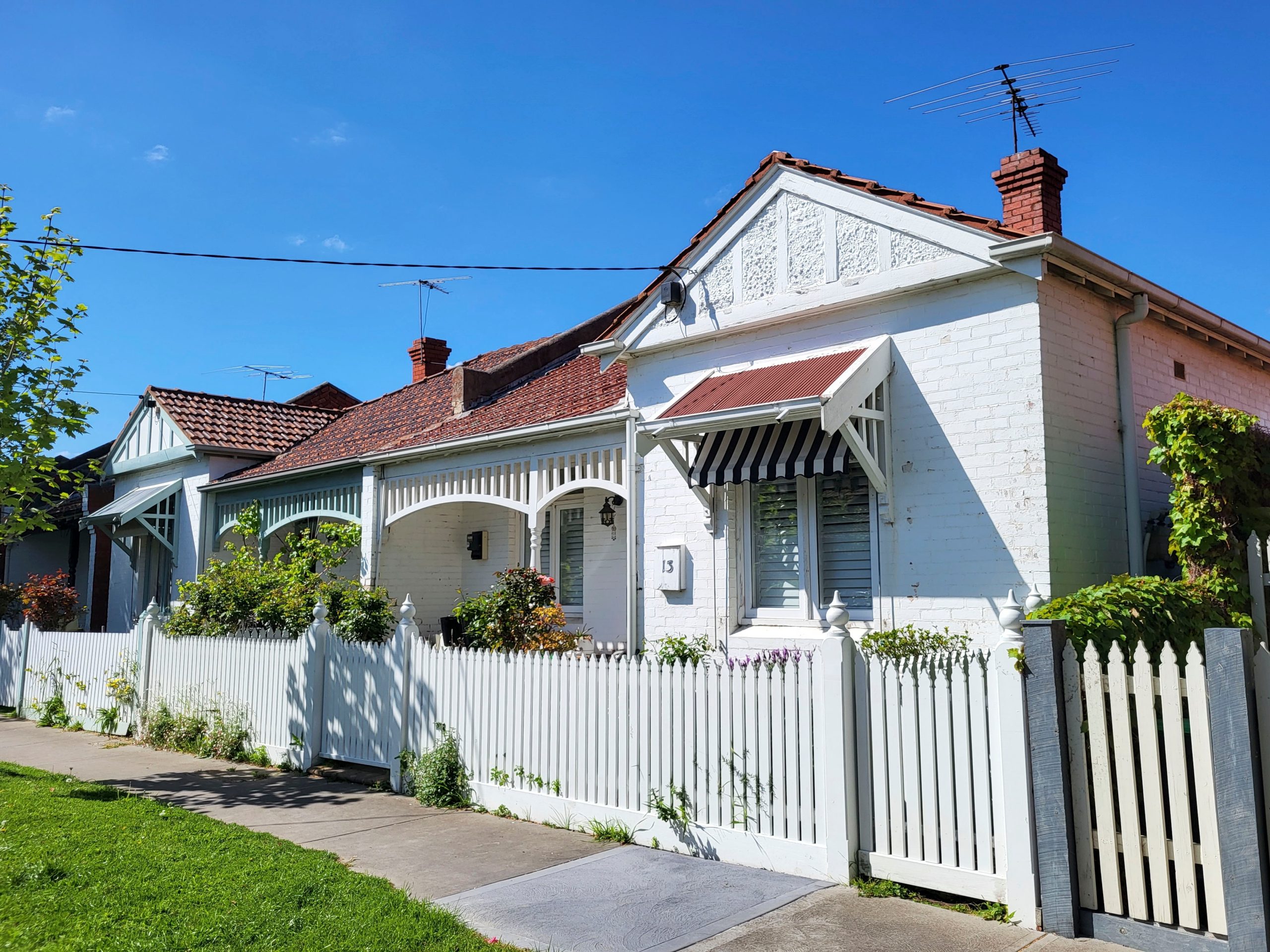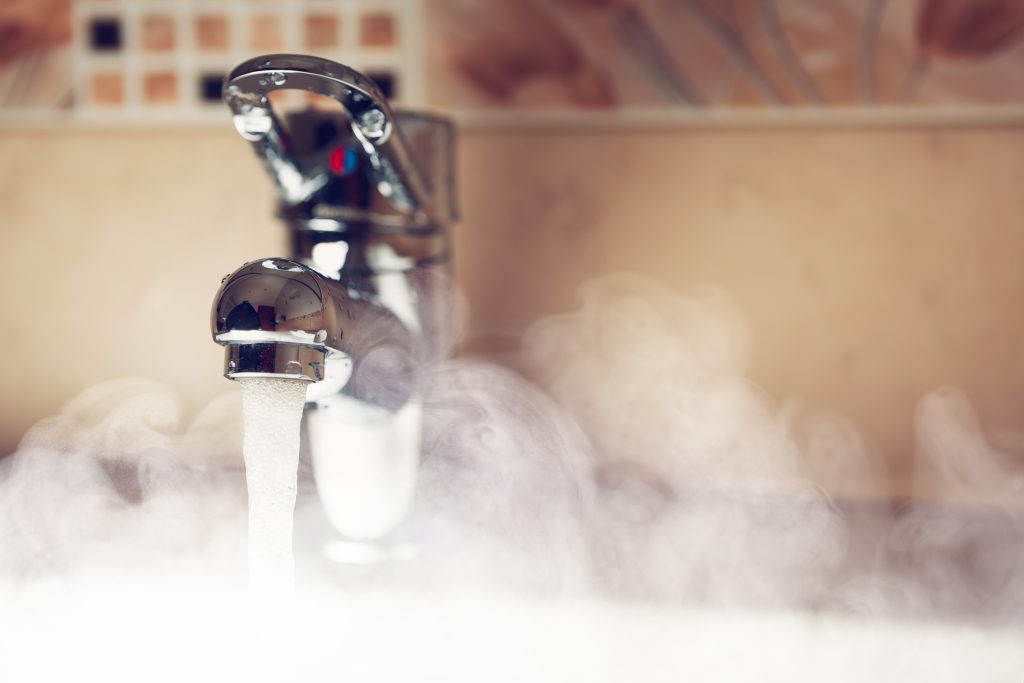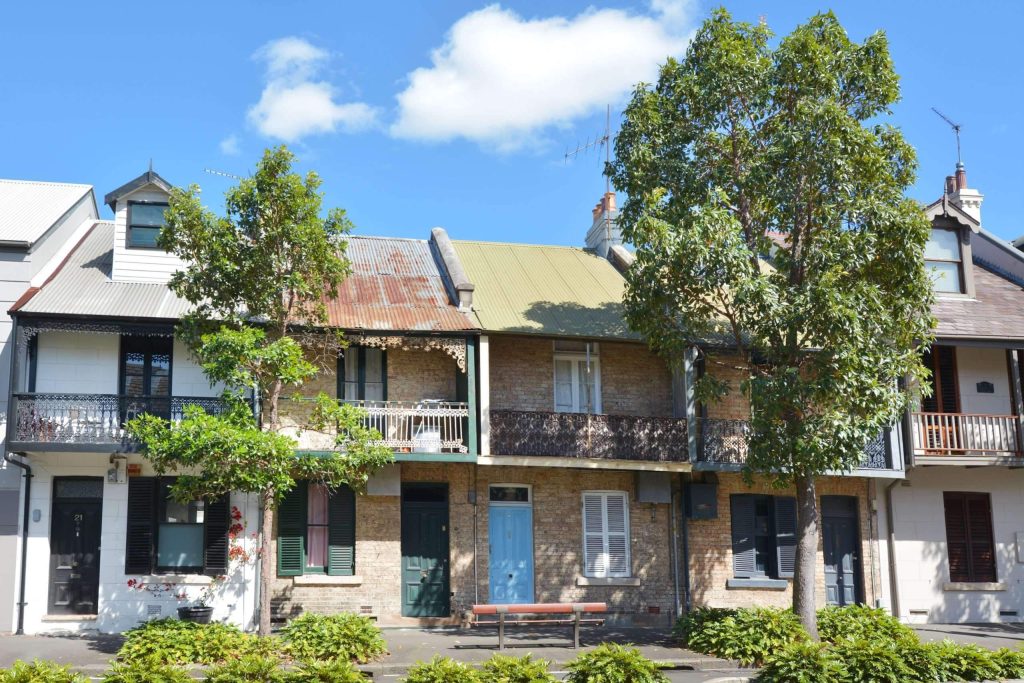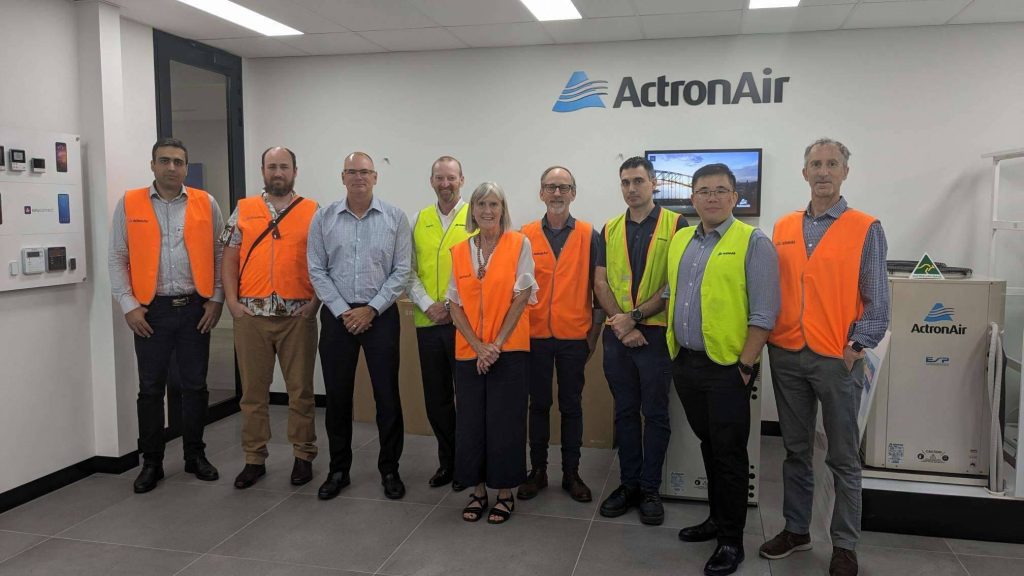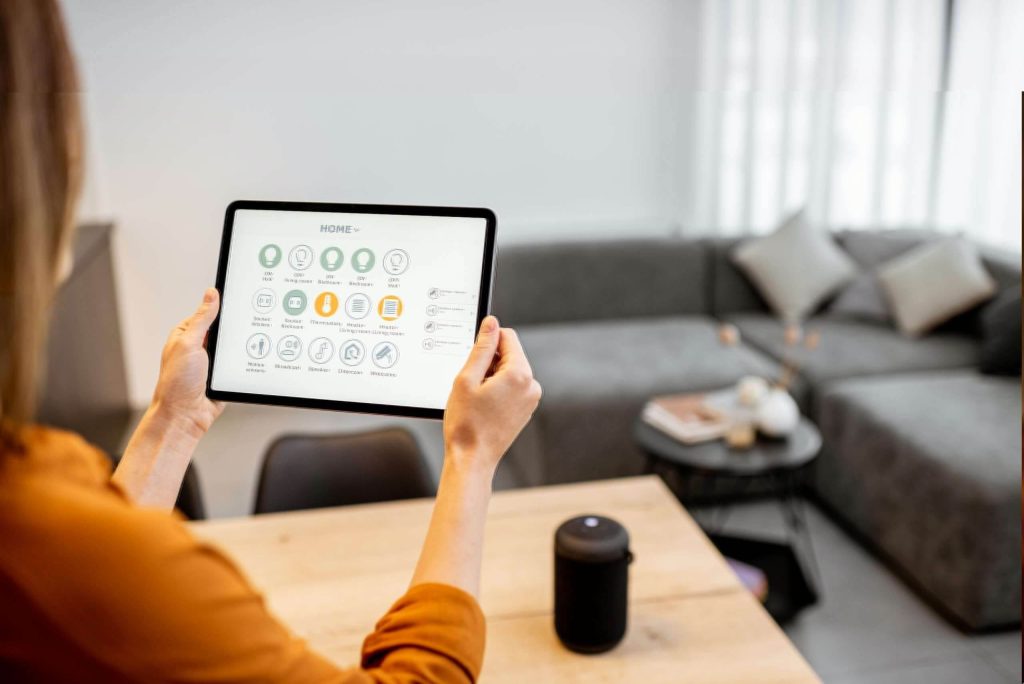Chief Investigators:
Prof. Trivess Moore (RMIT)
Purpose of project
This project will explore if and how the provision of trusted and independent energy performance and retrofit information can influence landlords’ decisions to undertake energy upgrades that would enhance the performance of their investments (single dwelling, low rise only) whilst lowering carbon emissions and energy bills and improving other social outcomes for tenants. The role of real estate agents and tenants as key intermediaries for supporting and guiding private rental upgrades will also be explored.
Private rental housing is amongst the poorest quality and worst performing housing in Australia. This impacts tenants in myriad ways, including their health, wellbeing and energy bills.
There are three key issues occurring across the private rental stock:
- increasing housing and living costs,
- existing housing stock that is thermally poor,
- lack of retrofit across private rentals homes.
The quality and performance of private rental housing can be improved by retrofit (such as electrification) but there has been limited uptake across the sector. As key intermediaries for the rental sector, real estate agents could play an active role in supporting the uptake and upscaling of retrofit improvements.
There is an opportunity through this project to help 2.5 million households in private rental through an improved understanding of the disconnect between tenants, private landlords and real estate agents, and to help deliver wider government sustainability goals.
Impact of project
Based on earlier research by Sustainability Victoria, a ‘typical’ (poorly performing) home in Melbourne can be taken from a Scorecard rating of 1 or 2 Stars up to 5 Stars, reducing a home’s annual energy cost from $3500/year to closer to $1000/year, based on the 2024 Victorian default power price. This would likely require draft proofing, ceiling insulation and efficient heating/cooling and hot water upgrades. Emissions in turn would be significantly reduced, by around 7 tonnes/home/year, based on moving from a 1.6 to 4.0 Star NaTHERS rating with these upgrades
Looking at the bigger picture, and considering the number private rentals in Melbourne, and how many energy audits that could be done per year, a steady increase in trained auditors and 20% of the homes audited doing an upgrade, it follows that over 10 years, a cumulative energy saving of 9000GWh hours might be achieved, with an associated cumulative CO2 emission reduction of over 2Mt, even when allowing for the projected reduction in grid carbon intensity over this period.
Work packages
Stage 1
WP1 – Participant recruitment
Recruitment of landlords (n=40-50) and tenants (n=40-50) will be undertaken across the participating local councils. Real estate agents (n=10-15) will be identified through the project partners and a snow-balling technique to ensure they represent properties included in the study. For recruitment we are using a range of approaches including communications from the partners to potential participants.
There are other options such as letter boxing and using RMIT social media to recruit renters and landlords. For real-estate agents this will again use our partners but also some of the in-kind partners who are real estate agents and/or have connections to peak bodies. We can also use a snowballing technique from the renters/landlords to help recruit real estate agents.
WP2 – Participant baseline interviews round 1
Interviews will be conducted with landlords and tenants to collect baseline data. Interviews will also be undertaken with local real estate agents. We are planning to do these interviews face to face (especially for tenants) at their home. However, we will also offer an online or telephone interview option to make the data collection as easy as possible for participants. Where online or telephone interviews are undertaken, we have an additional process where we request participants to share photos of key things they have discussed. If this is a face-to-face interview in their home, we can take those photos at the time.
WP3 – HER assessment
Scorecard assessments to be conducted by accredited professionals on participating private rental dwellings. Scorecard assessors have an approved process they follow where they do a site visit and will talk to the occupants about the dwelling prepare a report on possible energy upgrades for the owners.
WP4 – Participant interviews round 2
Second interviews will be conducted with landlords and tenants. Any households involved with WP7 retrofits will be interviewed post retrofit.
WP5 – General survey and focus groups
A general online survey informed by the interviews will be sent to landlords, tenants and real estate agents across Victoria (n=400 for landlord and tenant cohorts, TBC for real estate agents) and in the City of Newcastle region to collect wider information and validate outcomes. Following this, up to 3 focus groups will be conducted involving stakeholders representing tenants, landlords and real estate agents to discuss findings and recommendations for policy and practice.
Project partners – industry and research
RMIT (Lead), Bank Australia, Better Renting, City of Darebin, City of Merri-bek, City of Moonee Valley, City of Newcastle, Department of Climate Change Energy Environment & Water (NSW), Department of Energy, Environment and Climate Action (Vic), Energy Consumers Australia, Energy Efficiency and Electrification Alliance (3EA), Shire of Whittlesea, Solar Victoria, UTS, Yarra City Council
Industry Reference Group members
Century 21, City of Banyule, City of Hume, City of Moonee Valley, City of Shire of Nillumbik, Tenants Union, WeldonCo
Enquiries
Jenniy Gregory, Program Leader, RACE for Homes, jenniy.gregory@racefor2030.com.au
Assoc. Prof. Trivess Moore, Chief Investigator, trivess.moore@rmit.edu.au
Status
- In Progress
Project Leaders
- Trivess Moore, RMIT
Earlier research
Completion Date
September 2026
Project Code
0712


